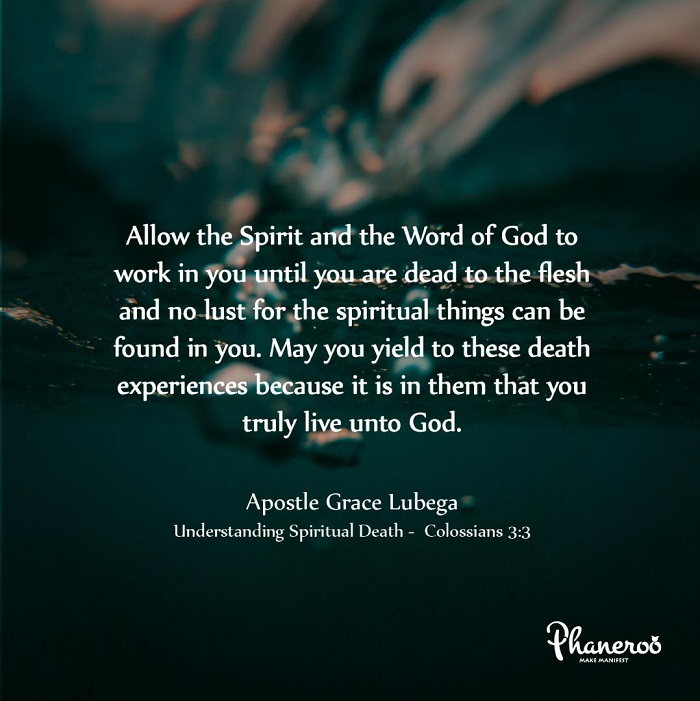As individuals approach the inevitable reality of death, the Bahá’í teachings offer profound insights that encompass not only a recognition of mortality but also an invitation to seek solace and spiritual joy during this transformative phase of existence. This exploration seeks to elucidate the fundamental Bahá’í principles that guide adherents in processing the concept of death, fostering a sense of safety, and cultivating an experience infused with spiritual fulfillment.
At the core of Bahá’í beliefs lies the understanding that death is not the termination of existence, but rather a significant transition to another stage of life. This perspective is rooted in the tenet that the soul is eternal and continues its journey beyond physical confines. Engaging with this principle allows adherents to reshape their perceptions of mortality, turning what is often feared into an opportunity for profound spiritual awakening.
The first area of exploration is the significance of the afterlife. Bahá’í writings emphasize that the afterlife is a continuation of the soul’s development. The understanding that existence transcends the physical realm acts as a pioneering force, encouraging individuals to live with intention and purpose. The concept of the afterlife propels adherents toward achieving spiritual maturity, thus fostering a sense of safety as one confronts the end of earthly existence.
Complementing this idea is the notion of spiritual preparation. The Bahá’í teachings urge followers to engage in a life of service, reflection, and moral rectitude. Engaging with one’s spiritual obligations creates a fortified foundation of peace and assurance as death approaches. Jointly embarking on spiritual practices, such as prayer and meditation, enhances the individual’s readiness to transition smoothly from this temporal world to the world beyond.
Furthermore, the Bahá’í faith encourages the formation of community bonds. These connections not only provide emotional support during the inevitably tough times of life but also enrich the spiritual fabric of individual lives. In times of grief or contemplation of one’s mortality, communal gatherings serve to galvanize collective strength. Engaging in discussions of spiritual themes reinforces shared beliefs, fostering an atmosphere of hope and solace.
The encouragement to express love and care for family and friends is another important aspect of Bahá’í teachings. Acknowledging one’s relationships leads to a profound understanding of the intertwined destinies of souls. Virtues such as forgiveness, compassion, and unity elevate interpersonal dynamics, enabling individuals to find joy even amidst sorrow. Nurturing these connections ultimately serves as a reminder of the enduring nature of the soul’s journey.
Another noteworthy prescription is the acceptance of mortality as a divine design. Recognizing death as an intrinsic part of the life cycle allows individuals to embrace the fleeting nature of earthly pleasures. This acceptance cultivates a sense of urgency to engage in meaningful endeavors. It is through fulfilling one’s purpose that adherents can attain a deep-seated joy that transcends the trials of life.
Moreover, the Bahá’í perspective on the intersection of pain and joy is of particular significance. Embracing the duality of human experience, the teachings encourage individuals to find meaning in suffering. Challenges encountered during the latter stages of life are often viewed through a lens of growth. Resilience derived from overcoming life’s adversities enhances spiritual vitality and equips the individual to appreciate the full spectrum of existence.
As death draws near, the Bahá’í principles underscore the importance of honest reflection. This period offers a unique opportunity to examine one’s life, to reconsider one’s actions, and to make amends where necessary. The act of introspection enables individuals to regain a sense of control over their narrative, allowing them to approach their final days with resolute acceptance and clarity.
Additionally, the teachings encourage the notion of gratitude as a transformative practice. Reflecting on the blessings experienced during life not only imbues the individual with joy but also fosters a mindset of contentment. Appreciating the transient beauty of life’s moments allows individuals to yield to the deeper essence of existence without fear or anxiety.
Finally, embracing the Bahá’í doctrine of progressive revelation offers followers reassurance as they confront their mortality. Understanding that truth unfolds over time, and that divine guidance is ever-present, galvanizes believers to remain hopeful and faithful. The ultimate transcendence to the next realm is viewed as a continuation of divine guidance, which nourishes the soul’s journey and invites individuals to contemplate their unique place within the larger tapestry of existence.
In conclusion, Bahá’í teachings present a holistic approach to the experience of death, emphasizing safety, love, and spiritual joy. Through a deep engagement with concepts such as the afterlife, community support, and personal reflection, adherents can cultivate a profound sense of peace as they ponder their transition from this world. Ultimately, these invaluable insights inspire individuals to celebrate life, fostering a sense of fulfillment even as they approach its end.
